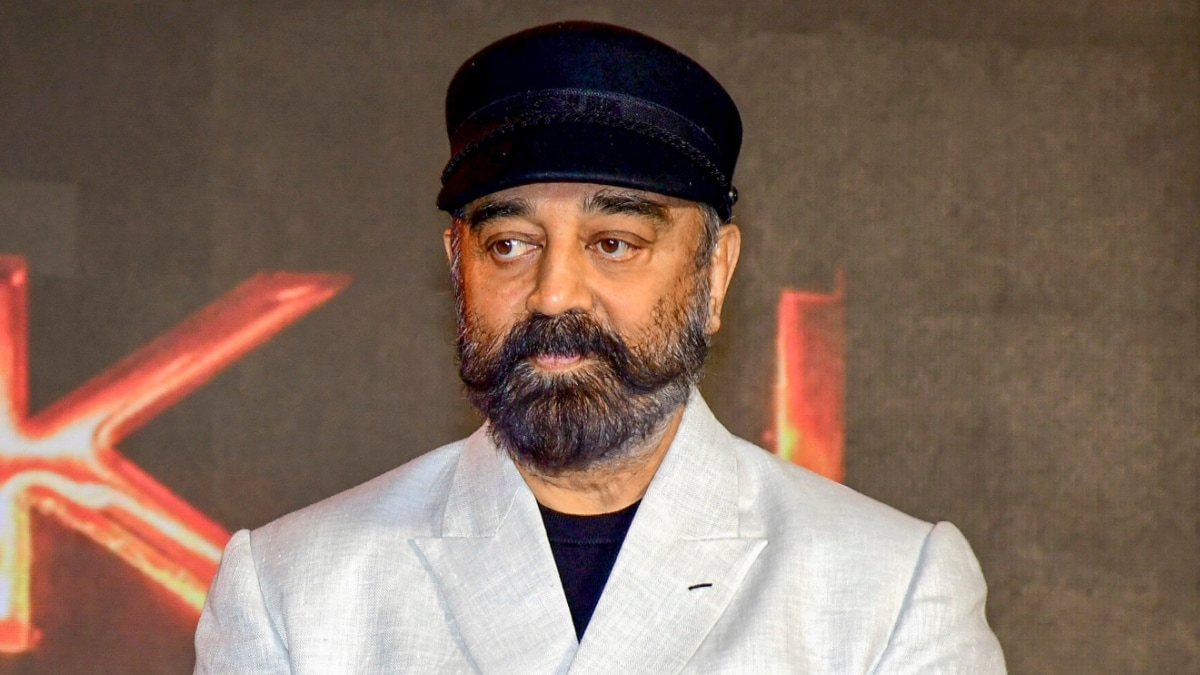

Kamal Haasan, the veteran actor and politician, has once again found himself at the center of a language-related controversy, this time surrounding the release of his latest film, "Thug Life." The film's release has been shadowed by Haasan's remarks about the origin of the Kannada language, leading to a ban in Karnataka. Amidst this backdrop, Haasan has firmly voiced his stance against the imposition of Hindi in the southern states, declaring his solidarity with Punjab, Karnataka, and Andhra Pradesh.
Haasan's film "Thug Life," marking his 234th film in a career spanning 65 years, faced significant hurdles in Karnataka following his comment suggesting that Kannada originated from Tamil. Despite facing criticism and calls for an apology, Haasan stood his ground, resulting in the film not being released in the state. This incident underscores the sensitivity surrounding language issues in South India, where linguistic identity is fiercely protected.
Addressing the issue of Hindi imposition, Haasan stated, "I stand with Punjab. I stand with Karnataka. I stand with Andhra." He emphasized that imposing a language hinders the learning process and creates unnecessary obstacles. "Without imposition, we will learn. Don't impose, because this is ultimately education, and we must take the shortest route to education and not put hurdles in its way," he asserted.
Haasan's views align with the long-standing opposition of the DMK (Dravida Munnetra Kazhagam) in Tamil Nadu to the three-language policy introduced under the National Education Policy (NEP). The DMK has consistently accused the central government of attempting to impose Hindi, a charge that the ruling BJP-led NDA government denies.
Furthermore, Haasan highlighted the importance of English as a practical language for international communication. "If you are truly looking at an international breakthrough, you must learn one language, and English seems fair enough," he noted, adding that while other languages like Spanish or Chinese are also viable options, English holds a significant advantage due to its widespread use and historical presence in India.
The controversy surrounding "Thug Life" and Haasan's comments reflect a broader debate about linguistic diversity and cultural identity in India. The actor's refusal to apologize for his remarks on Kannada and his vocal opposition to Hindi imposition highlight the complexities of navigating language politics in a multilingual society. Despite the challenges, Haasan remains steadfast in his belief that linguistic freedom and education should not be compromised by political agendas.